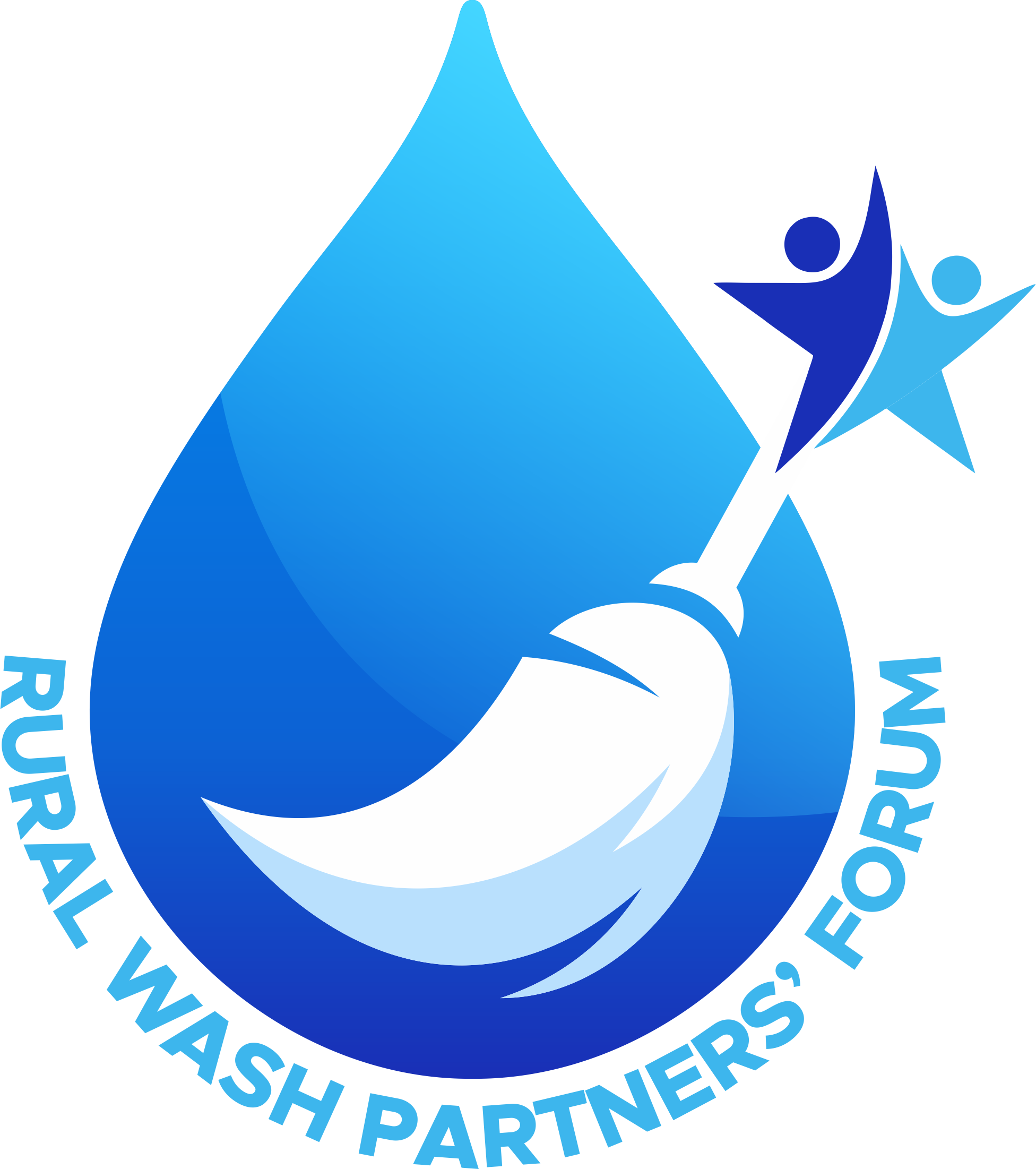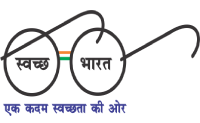FAQ
RWPF stands for Rural WASH Partners Forum where WASH is Water, Sanitation, and Hygiene.
No, RWPF is a platform created by Department of Drinking Water and Sanitation where organizations working in rural WASH sector are brought under one umbrella for better collaboration and synergy besides creating an environment of learning and knowledge sharing, sharing best practices and success stories, while avoiding overlap in efforts.
The collaboration between RWPF Partners and Department of Drinking Water & Sanitation is non-financial. RWPF Partners should be able to raise own funds to facilitate support provided by them. Any programmatic activities that are undertaken in the State through this initiative including training, workshops, documentation, IEC, etc. should be funded by State/UT from JJM/SBM-G resources as per given guidelines.
Any organization working in the field of water, sanitation, hygiene, natural resources management, community engagement, capacity building & awareness generation, education, tribal, health, tribal development, gender & equity, etc. can submit proposal for empanelment as Sector Partners to National Jal Jeevan Mission. You may go to this link Sector Partners | Department of Drinking Water and Sanitation, GOI (jalshakti-ddws.gov.in) and get more details on how to engage as sector partner under RWPF.
Anyagency registered under Registration of Societies Act 1860, or a Public Trust registered under Indian Trust Act 1982 or a corporation registered under Section 8 Companies Act are eligible to submit a proposal to engage as sector partner under RWPF.
Government of India has restructured and subsumed the ongoing National Rural Drinking Water Programme(NRDWP) into Jal Jeevan Mission (JJM) to provide Functional Household Tap Connection (FHTC) to every rural household i.e., Har Ghar Nal Se Jal (HGNSJ) by 2024.
The following kinds of works/ schemes are proposed to be taken up under JJM:
- In-village water supply (PWS) infrastructure for tap water connection to every household;
- Reliable drinking water source development/ augmentation of existing sources;
- Transfer of water (multi-village scheme; where quantity & quality issues are there in the local water sources);
- Technological intervention for treatment to make water potable (where water quality is an issue, but quantity is sufficient);
- Retrofitting of completed and ongoing piped water supply schemes to provide FHTC and raise the service level;
- Grey water management
- Capacity building of various stakeholders and support activities to facilitate the implementation.
The goal of JJM is to provide functional household tap connection to every rural household with service level at the rate of 55* litres per capita per day (lpcd). To read more, please visit https://jaljeevanmission.gov.in/
The Government launched Swachh Bharat Mission (Grameen) on 2nd October, 2014 to accelerate efforts to achieve universal sanitation coverage, improve cleanliness and eliminate open defecation in India by 2nd October 2019.The program is considered India’s biggest drive to improve sanitation, hygiene and cleanliness in the country. The effectiveness of the Programme is predicated upon generating demand for toilets leading to their construction and sustained use by all the household members. It also aims to promote better hygiene behaviour amongst the population and improve cleanliness by initiating Solid and Liquid Waste Management (SLWM) projects in the villages of the country. This is to be bolstered with adequate implementation capacities in terms of trained personnel, financial incentives and systems and procedures for planning and monitoring. The emphasis is on stronger focus on behaviour change intervention including interpersonal communication; strengthening implementation and delivery mechanisms down to the GP level; and giving States flexibility to design delivery mechanisms that take into account local cultures, practices, sensibilities and demands.
Phase II of the Swachh Bharat Mission (Grameen) [SBM(G)], will focus on sustainability of Open Defecation Free (ODF) status and Solid and Liquid Waste Management (SLWM) in rural India. The programme will work towards ensuring that no one is left behind and everyone uses a toilet. SBM(G) Phase-II will be implemented from 2020-21 to 2024-25 in a mission mode. Government of India launched Swachh Bharat Mission (Grameen) on 2nd October, 2014 to accelerate efforts to achieve universal sanitation coverage, improve cleanliness and eliminate open defecation in India by 2nd October 2019. The nation-wide campaign was a jan andolan aimed at eliminating open defecation during the period 2014 to 2019 through mass scale behavior change, construction of household-owned and community-owned toilets, and establishing an accountable mechanism for monitoring toilet use. Under the mission, all villages, States/UTs of India declared themselves ODF by 2 October 2019, the 150th birth anniversary of Mahatma Gandhi
The main objectives of SBM(G) Phase-II are : • Maintaining the ODF status of the villages, Gram Panchayats, Blocks, Districts and States over a continued period of time • Ensuring that people continuously use the toilets built and practice safe and hygienic behaviours • Ensuring that villages have access to SLWM arrangements for overall cleanliness in rural areas • Bringing about an improvement in the general quality of life in the rural areas





